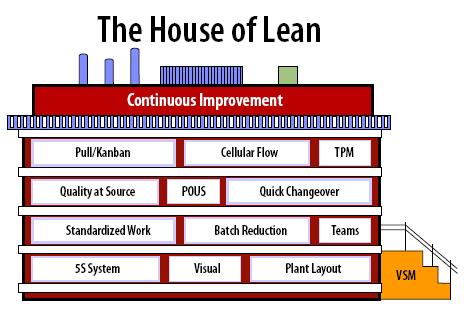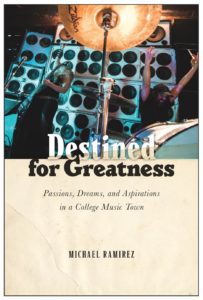
The core of mainstream economics is rational choice theory. According to this theory, the guiding principle of human behavior and decision making is that individuals maximize their own self-interest.
Rational choice theory provides the foundation for the idea that for-profit businesses maximize profits and efficiency. Profit is the ultimate goal, but in a competitive market the surest way to maximize profits it to maximize the efficiency of the business. Competitive discipline plus rational choice results in organizational efficiency.
As critics have long pointed out, rational choice theory is based on heroic assumptions: that individuals have perfect information and computerlike information processing capability, which are used to maximize utility. Economists justify maintaining these assumptions because rational choice models allegedly produce accurate predictions. (They don’t, but that’s another story.)

 People who earn post-secondary degrees have better lives than those who do not. They get better jobs, earn more money, are healthier, happier, and are more civically engaged.
People who earn post-secondary degrees have better lives than those who do not. They get better jobs, earn more money, are healthier, happier, and are more civically engaged. Have you ever wondered how some men and women muster the courage to pursue careers in rock music, despite the fact that so few of them will actually “make it”? Or have you questioned why some individuals would intentionally choose a path that will undoubtedly be filled with struggle, miniscule economic payoff, and a slim chance of success?
Have you ever wondered how some men and women muster the courage to pursue careers in rock music, despite the fact that so few of them will actually “make it”? Or have you questioned why some individuals would intentionally choose a path that will undoubtedly be filled with struggle, miniscule economic payoff, and a slim chance of success? 
 Since 2014, global energy related carbon dioxide emissions have stagnated while the global economy has grown, ushering in the era of “
Since 2014, global energy related carbon dioxide emissions have stagnated while the global economy has grown, ushering in the era of “


